Showing 1-15 of 16 results

Health Lab
Experts in brain cancer outline current discoveries and offer a path of hope for glioblastoma treatment

Health Lab
At-home test can detect tumor DNA fragments in urine samples, providing a non-invasive alternative to traditional blood-based biomarker tests
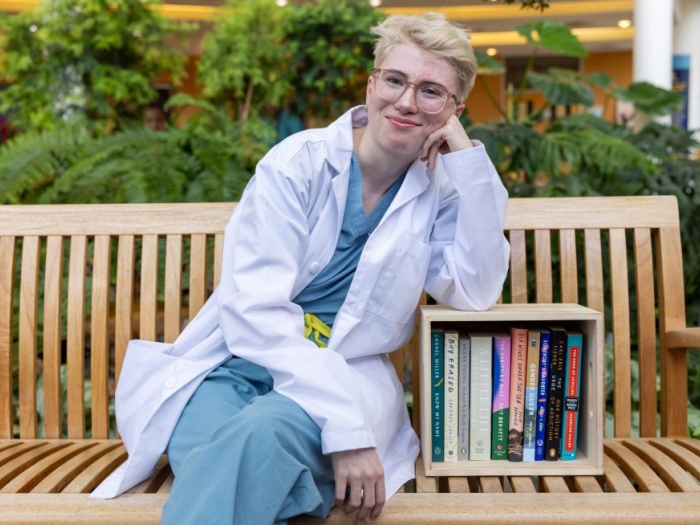
Medical School News
Known as the Health Equity Literature Archive, Chelsea Fisk’s goal was to cultivate empathy and understanding for people from different backgrounds and diverse identities by providing employees with access to diverse literature. The innovative pilot led by clinical researcher Chelsea Fisk served as a form of DEI education that was free to use, self-paced and barrier-free.
Health Lab
Using a chip to process blood samples, doctors can monitor the amount of cancer cells in a patient’s blood to determine how well a treatment is working by the fourth week, according to a new study.

Health Lab
Recently approved by the Food and Drug Administration, Pluvicto is a radionuclide-labelled drug administered to patients showing promising results.

Health Lab
Experience gave him a new appreciation for interprofessional patient care

Health Lab
A physician invents a creative approach for medical students in diabetic care.

Health Lab
Findings from researchers at the University of Michigan Health Rogel Cancer Center, published in Cancer Discovery, show how a specific nucleotide metabolite called GTP controls responses to radiation and chemotherapy in an unexpected way.
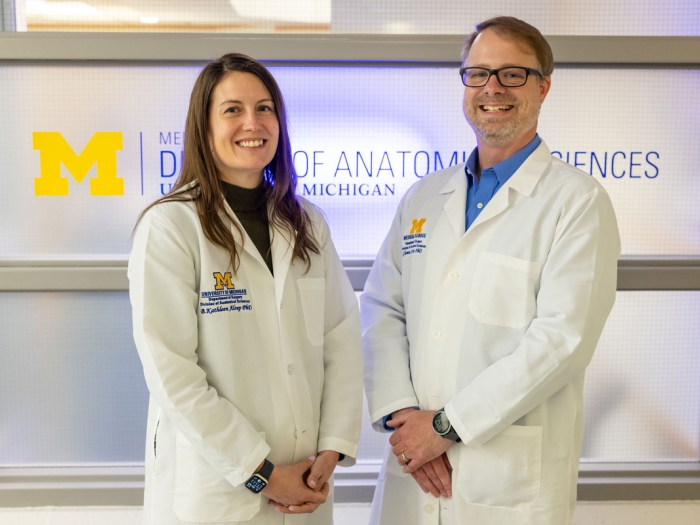
Health Lab
The tool, which is free to use, includes photography, videography and virtual reality learning resources from anatomical donors, along with comprehensive lab manuals and interactive files with click-to-reveal testing capabilities.
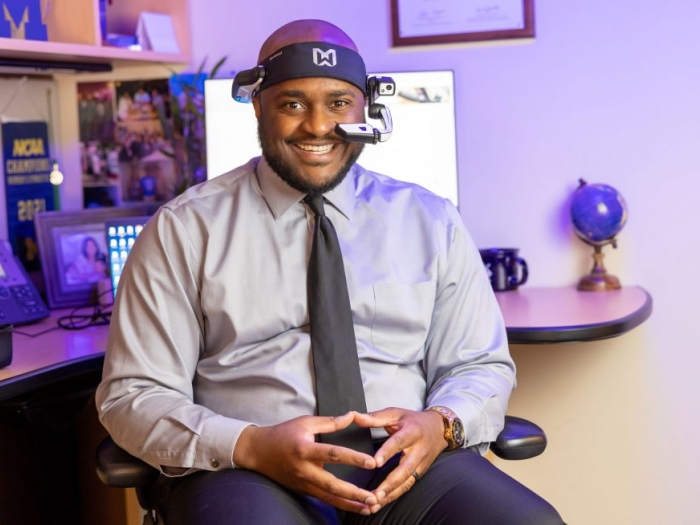
Medical School News
In his practice as a podiatrist, surgeon, and wound care specialist, Alton R. Johnson Jr., D.P.M., sees a high percentage of patients with diabetes who seek care for things such as neuropathy, vascular complications, or chronic wounds associated with the diabetic foot.
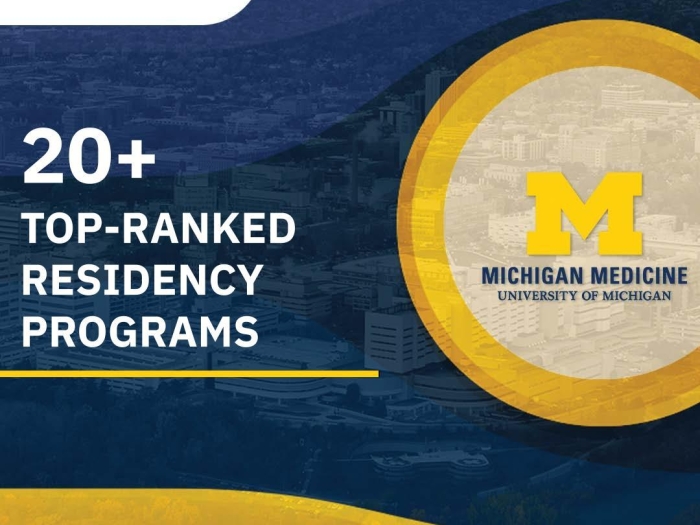
News Release
There are 13 U-M graduate medical education programs ranked in the top 10 by Doximity.
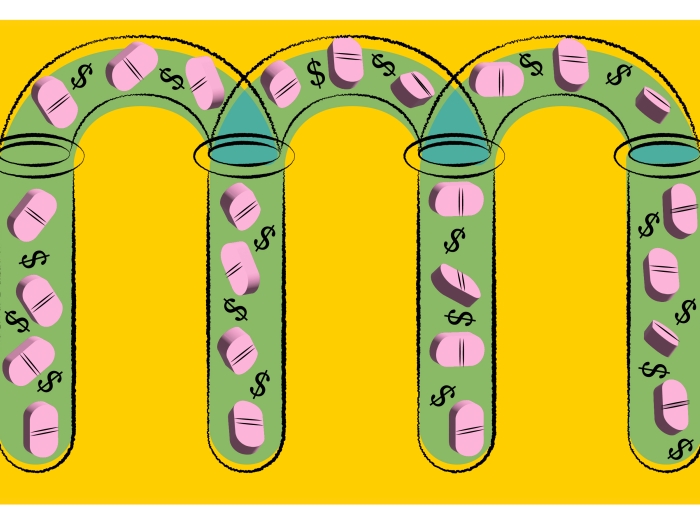
Health Lab
An analysis finds that up to millions of dollars could be saved annually on cancer immunotherapy treatments across the Veterans Health Administration by reconsidering how those drugs are delivered.
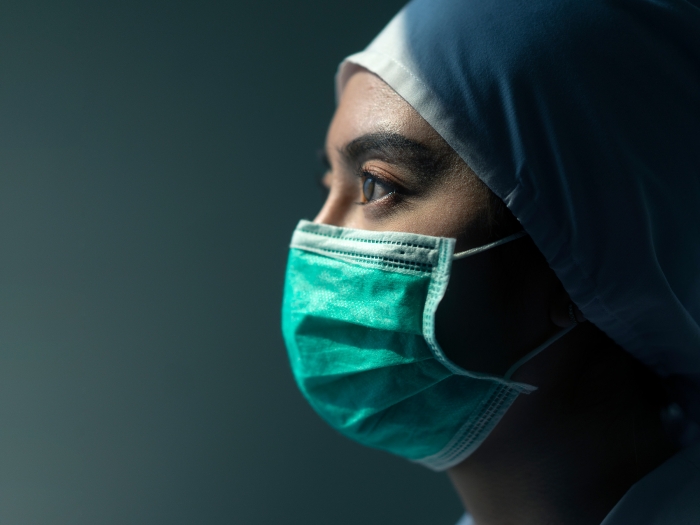
Health Lab
A study finds that women, racial and ethnic minorities, and individuals identifying as lesbian, gay, bisexual, transgender and queer are disproportionately affected by workplace mistreatment in academic medicine, and this mistreatment negatively impacts their mental health.